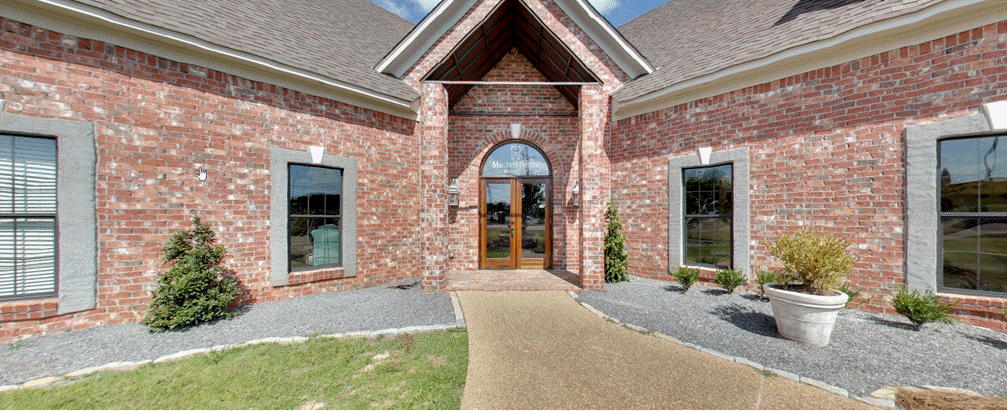Pro And Cons Of Veneers

The world of cosmetic dentistry has evolved significantly over the years, offering a plethora of options for individuals seeking to enhance the appearance of their teeth. Among the most popular and effective solutions are dental veneers, thin layers of material (usually porcelain or composite) bonded to the front of teeth to improve their aesthetic appeal. While veneers can transform a smile, making it more dazzling and confident, they also come with their own set of considerations. Let’s delve into the pros and cons of veneers to understand whether they might be the right choice for you.
Pros of Veneers
Enhanced Appearance: One of the most significant advantages of veneers is their ability to dramatically improve the appearance of your teeth. They can mask discoloration, close gaps, and even correct minor alignment issues, providing a uniform and radiant smile.
Durability: Veneers are remarkably durable and can last for many years with proper care. Porcelain veneers, in particular, are resistant to stains and can maintain their brilliance over time, making them a worthwhile investment.
Less Invasive Than Crowns: Compared to dental crowns, veneers are less invasive. They require less removal of the tooth enamel, preserving more of the natural tooth structure.
Customizable: Veneers can be tailored to match the color and shape of your natural teeth, ensuring that they blend in seamlessly. This customization allows for highly natural-looking results.
Fast Transformation: The process of getting veneers is relatively quick, typically requiring a couple of visits to the dentist. This means you can achieve a significant transformation in a short period.
Cons of Veneers
Cost: One of the main drawbacks of veneers is their cost. They can be quite expensive, especially for high-quality materials like porcelain. This cost can be a barrier for many individuals.
Irreversibility: The process of preparing your teeth for veneers is irreversible. To accommodate the veneer, some of your tooth enamel must be removed, which cannot be undone.
Sensitivity: After veneers are placed, some individuals may experience sensitivity. This is usually temporary but can be uncomfortable.
No Grinding: If you have a habit of grinding your teeth, veneers might not be the best option. Grinding can damage the veneers, and in severe cases, may require their replacement.
Not a Solution for All Dental Issues: Veneers are designed for cosmetic improvements. If your teeth are severely damaged, decayed, or have significant structural issues, other treatments like crowns or implants might be more appropriate.
Decision Framework: Are Veneers Right for You?
When considering veneers, it’s essential to weigh the pros and cons against your personal preferences, dental needs, and financial situation. Here are a few questions to ask yourself:
- What are my aesthetic goals? If you’re seeking to correct minor cosmetic issues, veneers could be an excellent choice.
- What is my budget? If cost is a concern, you may want to explore other options or discuss financing with your dentist.
- What is the condition of my teeth? Ensure that veneers are suitable for your specific dental issues.
- Am I prepared for the commitment? Veneers require long-term care and may need future replacement.
Conclusion
Dental veneers offer a transformative solution for those seeking to enhance the appearance of their teeth. While they come with several benefits, including improved aesthetics and durability, it’s crucial to consider the potential downsides, such as cost and irreversibility. By understanding the pros and cons and consulting with a dental professional, you can make an informed decision about whether veneers are the right choice for achieving the smile you’ve always wanted.
How long do dental veneers typically last?
+Dental veneers can last for many years, with porcelain veneers often lasting 10 to 15 years or more with proper care and maintenance.
Can veneers be used to correct severe tooth alignment issues?
+Veneers are best suited for minor cosmetic corrections. For more severe alignment issues, orthodontic treatments or other dental solutions may be necessary.
Are veneers covered by dental insurance?
+Veneers are typically considered a cosmetic procedure and are not covered by most dental insurance plans. However, it’s always best to check with your insurance provider for specific details.



